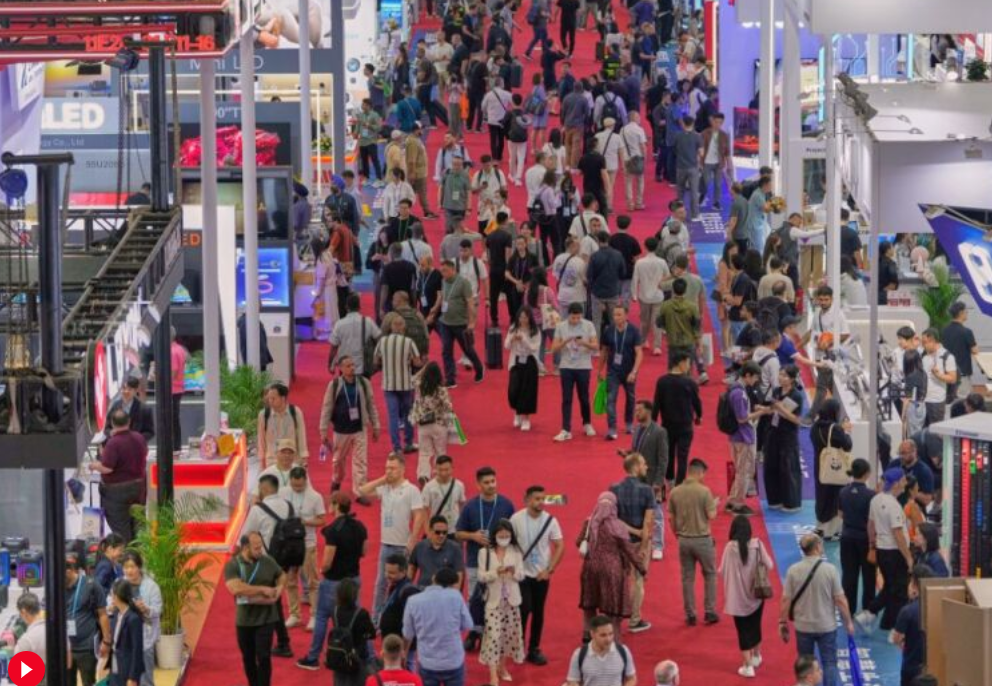China has appointed a new trade negotiator amid ongoing tariff tensions with the United States. Li Chenggang has taken over the role from Wang Shouwen, who previously helped negotiate the 2020 trade agreement between the two countries.
The move comes at a time when trade relations are increasingly strained. The U.S. has imposed tariffs of up to 145% on Chinese goods, while China has responded with 125% tariffs on American exports. Despite the trade dispute, Beijing continues to emphasize its commitment to maintaining open markets for trade and investment.
On the same day, China reported a 5.4% annual economic growth rate for the first quarter of the year, largely driven by strong exports. However, economists warn that growth may slow as newly implemented U.S. tariffs take effect. The government’s growth target for 2024 is also around 5%.
A government spokesperson acknowledged that the tariffs will create short-term economic pressure but insisted they won’t derail the country’s long-term growth trajectory.
The reasons behind the leadership change in trade negotiations were not immediately made public. However, the shift takes place as Chinese officials explore strategies to counter U.S. measures—such as relying more heavily on their vast domestic market of 1.4 billion people and strengthening ties with countries in Europe and the Global South.
Still, with consumer spending inside China remaining sluggish, replacing the U.S. consumer base poses a challenge. China has also retaliated by tightening export controls on rare earth elements, which are critical to industries like tech, aerospace, and defense.
Experts say both sides have nearly exhausted their options for further tariffs, placing them in a stalemate. One analyst suggested that China is likely to focus on building economic resilience—by deepening regional trade links and encouraging domestic consumption to reduce dependency on exports.
A breakthrough might come if the U.S. offers concessions on issues such as fentanyl or the ownership of TikTok, potentially prompting a reciprocal move from Beijing. However, communication between the two nations remains difficult, especially as the U.S. recently appointed a new lead trade negotiator, while other key roles remain unfilled.
Li Chenggang brings significant international experience to the position. Before this appointment, he spent several years in diplomatic roles and also played a part in China’s trade negotiations more than two decades ago.
According to a trade expert, Li’s background in commerce and deep involvement in international negotiations make him well-suited for the role. Still, it’s expected that major policy decisions will be made by senior leaders, with Li acting as a representative in discussions with the U.S.
Li is known for being open-minded and a supporter of free trade, which could influence a shift in negotiation style.
When asked about the possibility of renewed dialogue with the U.S., a Chinese government spokesperson stated that China’s tariffs are defensive and were implemented in response to U.S. actions. They stressed that any discussions must be based on mutual respect and equality.
Meanwhile, President Xi Jinping is visiting Southeast Asia to reinforce China’s image as a stable and reliable trade partner. After a visit to Vietnam, he arrived in Malaysia for a three-day stay, which will conclude in Cambodia. While in the region, he is expected to discuss trade agreements with regional partners, as China seeks alternatives to frameworks dominated by Western nations.
